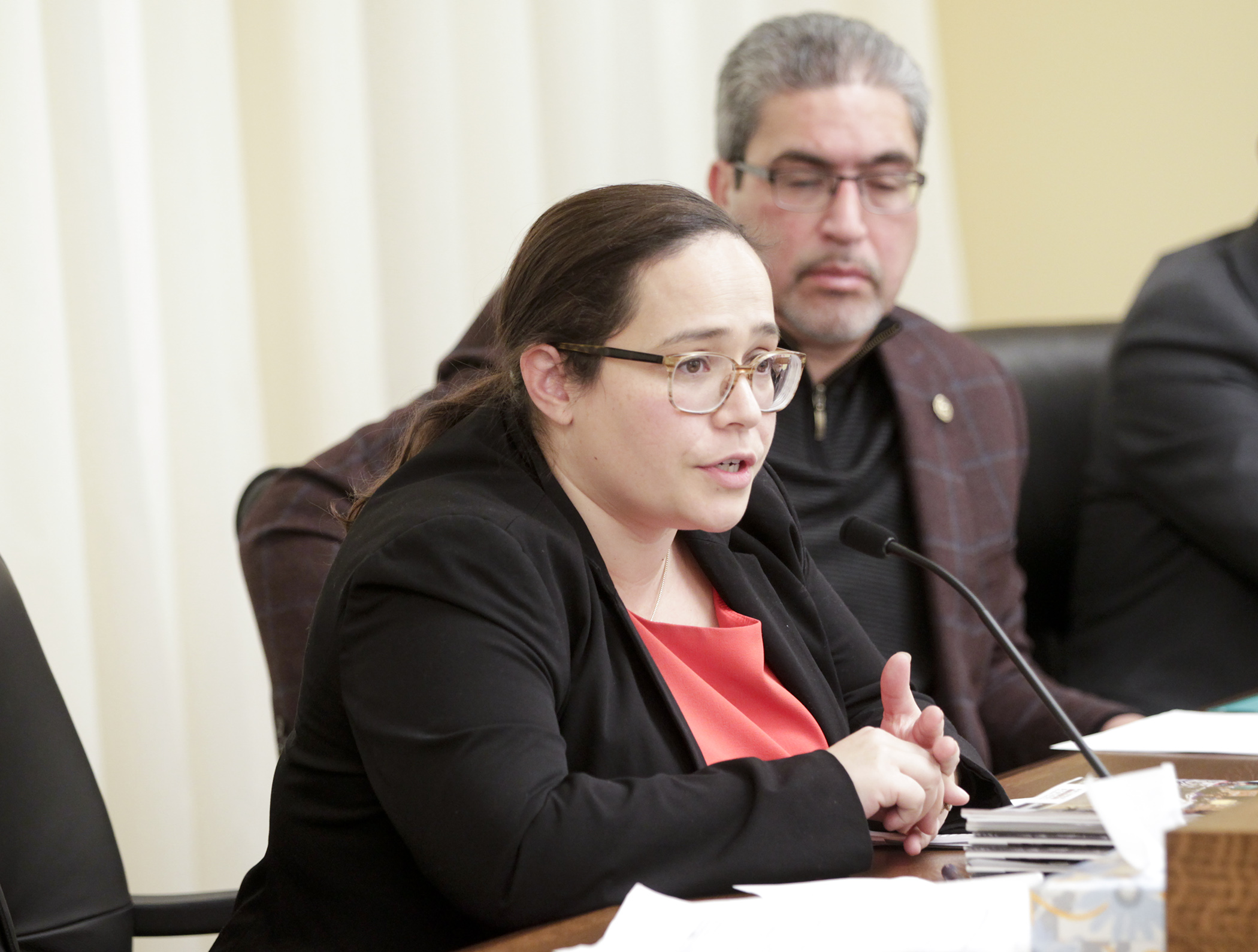Bill seeks to provide post-conviction relief extension

Minnesotans convicted of a crime may be given more time for post-conviction relief.
A bill held over Thursday would give two more years to people petitioning a court to rule that their original conviction “violated the Constitution or laws of the United States or Minnesota, or that there is newly obtained scientific evidence that establishes the person’s actual innocence.”
Sponsored by Rep. Carlos Mariani (DFL-St. Paul), HF739, as amended, was held over by the House Public Safety and Criminal Justice Reform Finance and Policy Division for possible omnibus bill inclusion. It has no Senate companion.
Petitions must usually be filed within two years of a conviction. There are several exceptions to the two-year limitation, and if a person meets one of those, a petition may be filed within two years of the time the claim to the exception arises.
HF739 would grant an exemption to people who are “placed into immigration removal proceedings … or … unable to apply for an immigration benefit, such as naturalization or travel, due to the criminal conviction.”
“It is time we recognize that one of those exceptions should apply to those who have suddenly found themselves in danger of deportation as a result of a defective conviction,” Mariani said.
Jenny Srey testified that her family recently found themselves this situation.
Her husband, Ched Nin, was born in a Thailand refugee camp and immigrated to the United States as a boy. He pleaded guilty in a plea deal as a teenager to a second-degree misdemeanor charge that the family only recently realized was unconstitutional.
Many years later, in August 2016, Srey’s husband was suddenly put into deportation proceedings based on that conviction. If deported, he would be sent to Cambodia, where his parents were from, but which he has never seen. The family learned from a judge that they could not contest the deportation by petitioning for postconviction relief because the two-year time limit had passed.
“While the judge was sympathetic, he could not waive the two-year time limit,” she said.
The two-year limit would start from the time a person filing a petition for post-conviction relief first becomes aware that the original conviction was unconstitutional or otherwise invalid.
Related Articles
Search Session Daily
Advanced Search OptionsPriority Dailies
Ways and Means Committee OKs proposed $512 million supplemental budget on party-line vote
By Mike Cook Meeting more needs or fiscal irresponsibility is one way to sum up the differences among the two parties on a supplemental spending package a year after a $72 billion state budg...
Meeting more needs or fiscal irresponsibility is one way to sum up the differences among the two parties on a supplemental spending package a year after a $72 billion state budg...
Minnesota’s projected budget surplus balloons to $3.7 billion, but fiscal pressure still looms
By Rob Hubbard Just as Minnesota has experienced a warmer winter than usual, so has the state’s budget outlook warmed over the past few months.
On Thursday, Minnesota Management and Budget...
Just as Minnesota has experienced a warmer winter than usual, so has the state’s budget outlook warmed over the past few months.
On Thursday, Minnesota Management and Budget...